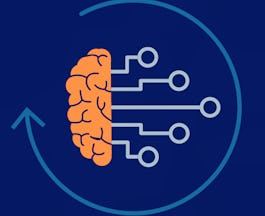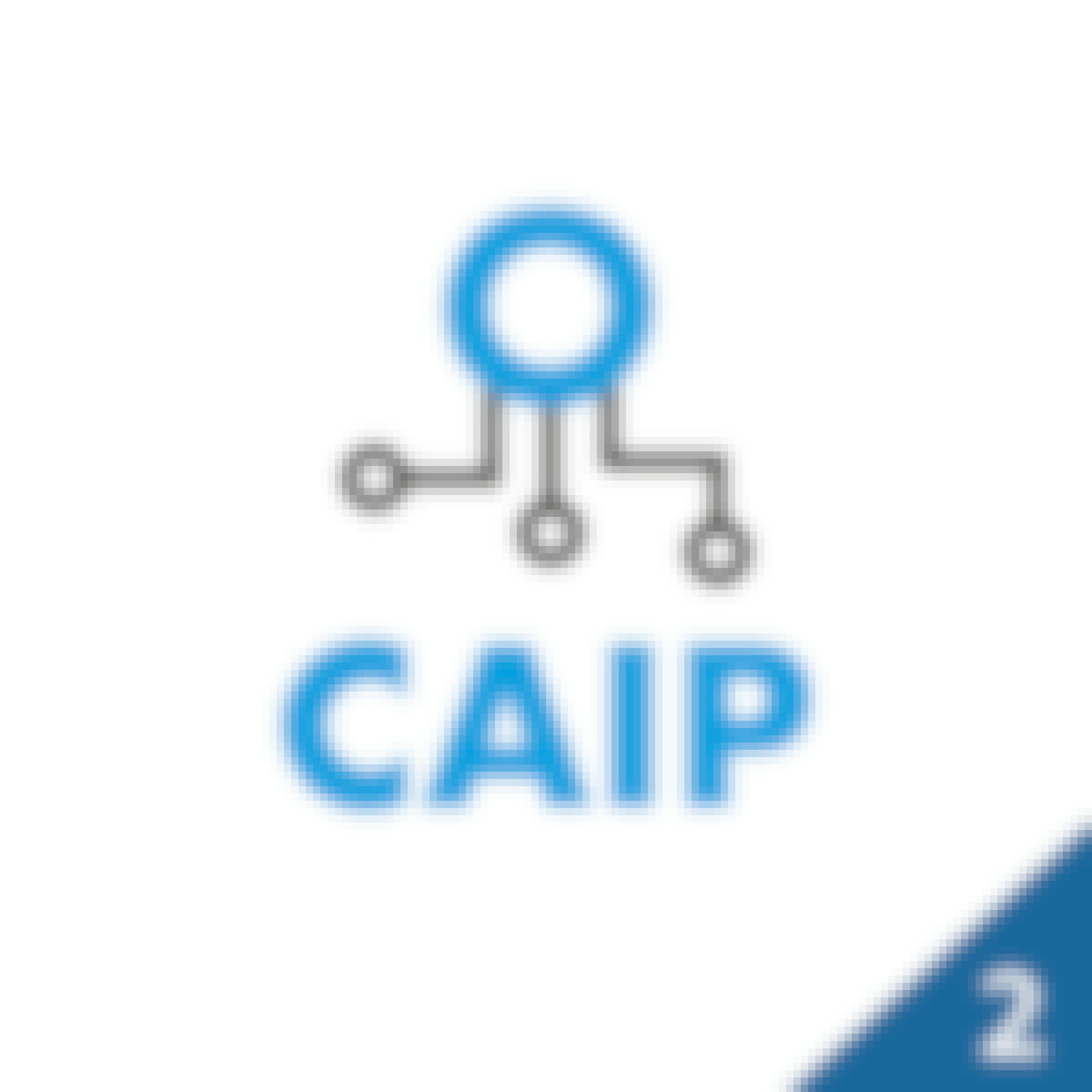Filter by
The language used throughout the course, in both instruction and assessments.
2,674 results for "model thinking"

University of Virginia
Skills you'll gain: Design and Product

Emory University

Skills you'll gain: Data Analysis, R Programming, Computer Programming, Data Management, Data Visualization, Plot (Graphics), Basic Descriptive Statistics, Databases, Extract, Transform, Load, General Statistics, Exploratory Data Analysis, Data Science

University of Illinois at Urbana-Champaign
Skills you'll gain: Entrepreneurship, Leadership and Management

Duke University
Skills you'll gain: Machine Learning, Microsoft Azure, Python Programming

Macquarie University
Skills you'll gain: Leadership and Management

Johns Hopkins University

CertNexus
Skills you'll gain: Data Analysis, Machine Learning

University of Colorado Boulder
Skills you'll gain: Leadership and Management, Strategy and Operations, Operations Management, Business Analysis, Business Development, Business Transformation, Regulations and Compliance, Strategy

Skills you'll gain: Computer Programming, Data Analysis, Data Visualization, Python Programming
 Status: Free
Status: FreeUniversity of Pennsylvania

Duke University
Skills you'll gain: Machine Learning
Searches related to model thinking
In summary, here are 10 of our most popular model thinking courses
- Agiles Arbeiten trifft auf Design Thinking: University of Virginia
- Marketing Analytics Capstone Project: Emory University
- Data Science with R - Capstone Project: IBM
- Entrepreneurship I: Laying the Foundation: University of Illinois at Urbana-Champaign
- MLOps Platforms: Amazon SageMaker and Azure ML: Duke University
- Lymphoedema: Monitoring & Intervention After Breast Cancer: Macquarie University
- Implementing a Patient Safety or Quality Improvement Project (Patient Safety V): Johns Hopkins University
- Follow a Machine Learning Workflow: CertNexus
- International Business Venturing Abroad: University of Colorado Boulder
- Python Data Analytics: Meta










